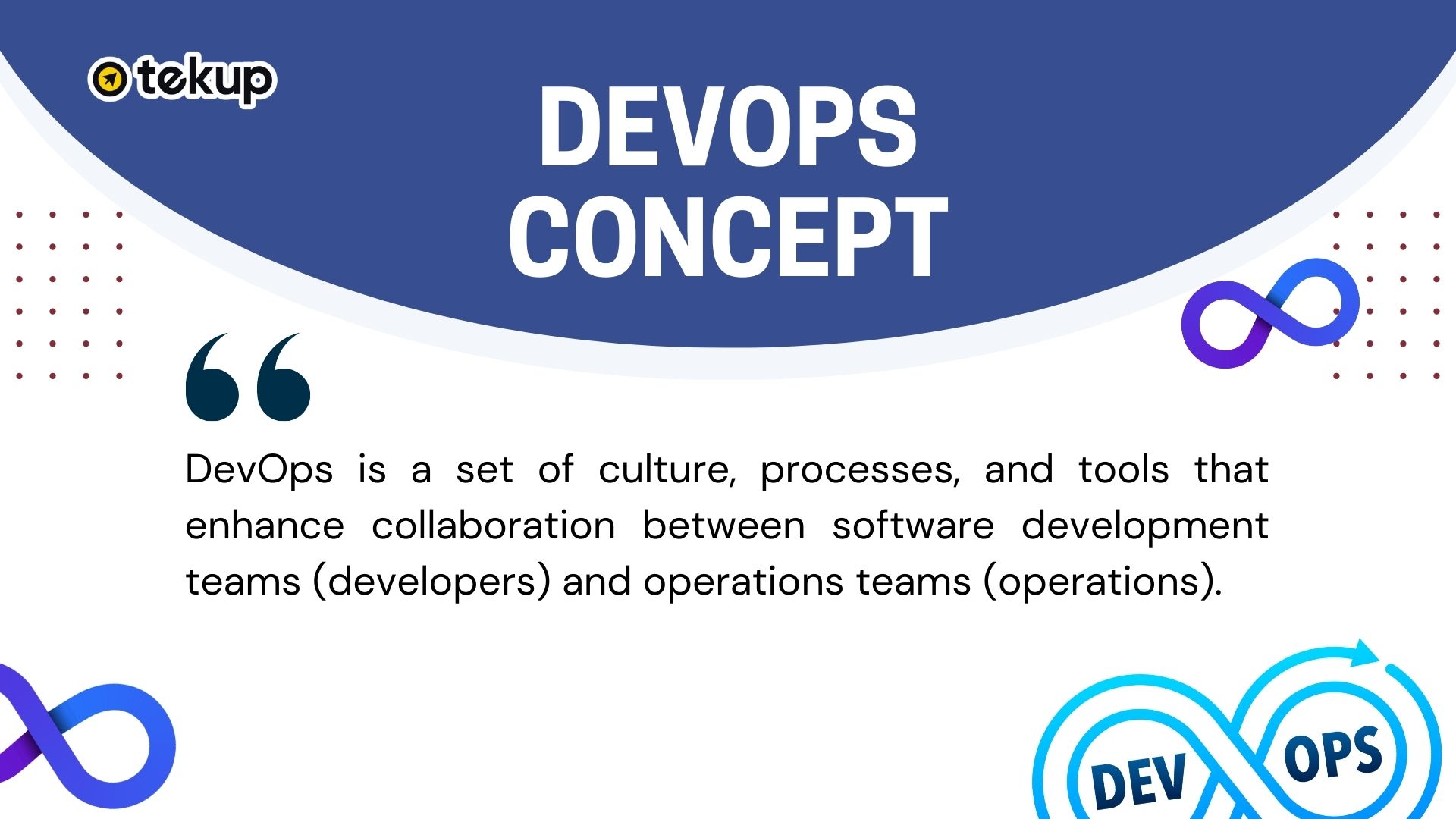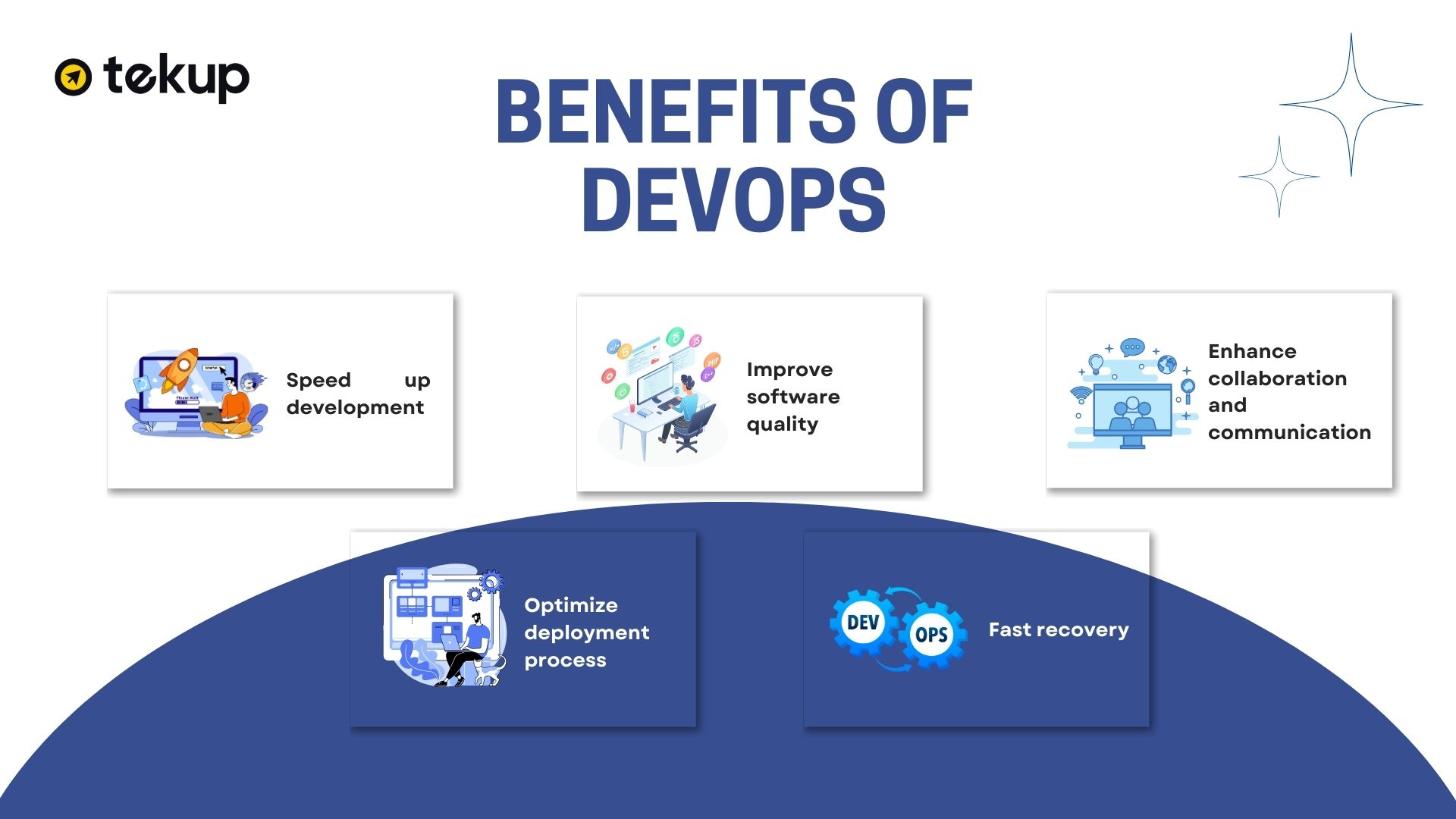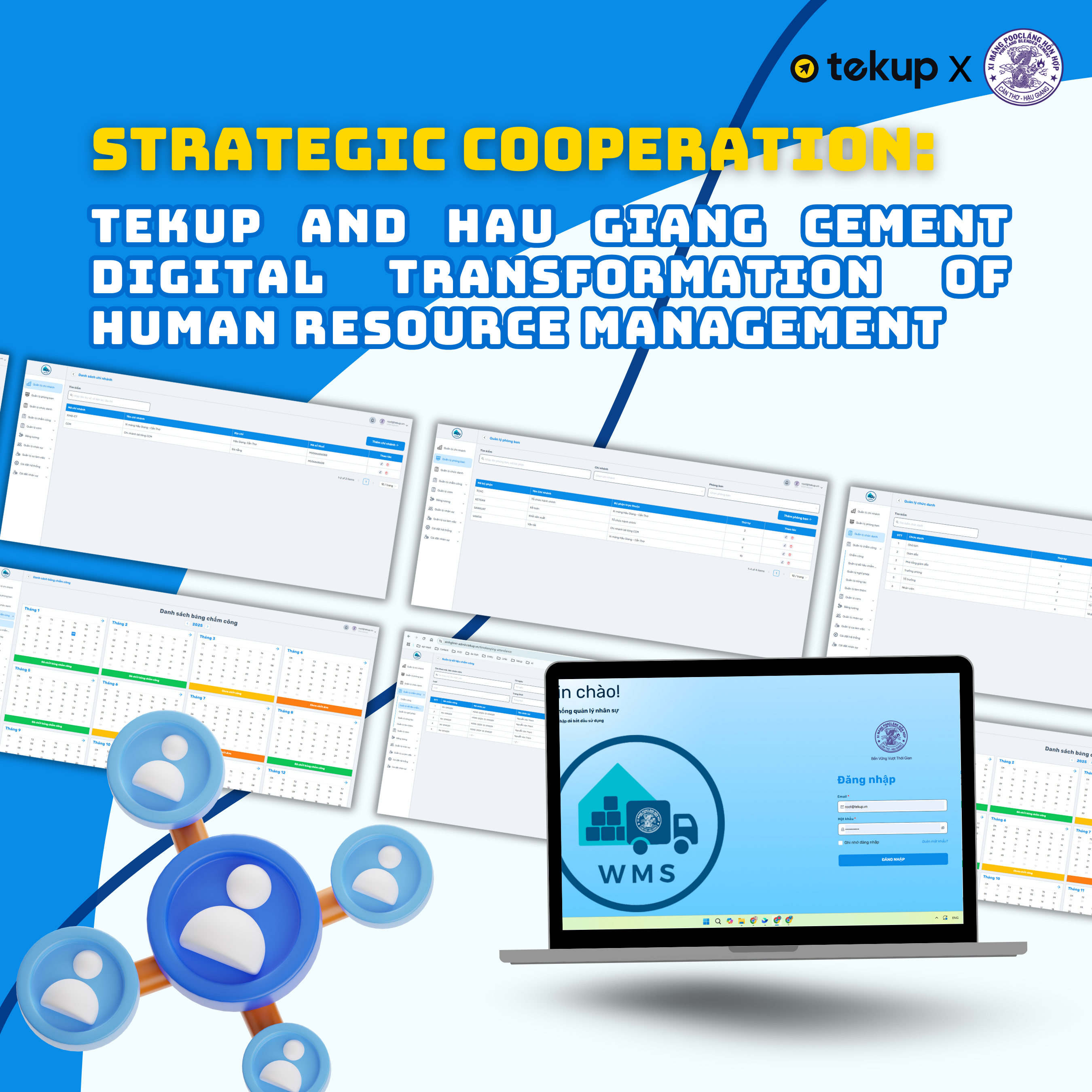In the modern tech world, DevOps has become one of the key methodologies for improving the software development process and system operations. DevOps is a combination of “Development” and “Operations,” creating a collaborative environment that accelerates development speed and improves software quality.

What is DevOps?
DevOps is a set of cultural practices, processes, and tools designed to enhance collaboration between software development teams (developers) and IT operations teams. The goal of DevOps is to create a continuous value stream, from the initial development stage to deployment and maintenance of applications, improving development speed, reducing risks, and increasing work efficiency.

The History of DevOps
DevOps is not a new concept, but it has become increasingly popular in recent years. Before DevOps, development and operations teams often worked independently, leading to problems like lack of coordination, long deployment times, and maintenance challenges. In the late 2000s, DevOps emerged as a solution to these problems. Specifically, DevOps promoted collaboration between development and operations teams from the early stages of software development, helping to reduce response times and improve product quality.
Benefits of DevOps
- Accelerated Development: DevOps enables development and operations teams to work more closely together, reducing the time from development to deployment. Automation tools minimize manual tasks, boosting productivity and speeding up development.
- Improved Software Quality: Automated and continuous testing helps detect bugs early, minimizing risks and ensuring the software meets quality standards. This leads to fewer deployment errors and a better user experience.
- Enhanced Collaboration and Communication: A crucial aspect of DevOps is collaboration between development and operations teams. This fosters better communication, information sharing, and creates a dynamic, efficient working environment.
- Optimized Deployment Processes: DevOps supports the automation of deployment and system configuration processes, reducing errors during deployment and minimizing “downtime” when updating software.
- Quick Recovery: DevOps not only speeds up software development but also supports quick recovery in case of issues. If a problem occurs, DevOps teams can respond immediately to fix and restore the system.

Popular DevOps Tools
DevOps is not just a set of practices and processes but also involves tools that support it. Some popular DevOps tools include:
- Jenkins: A widely used automation tool for automating software development processes, including testing, building, and deployment.
- Docker: Helps create and manage containers, making application deployment more consistent and efficient.
- Kubernetes: Manages containers in a production environment, ensuring that applications run smoothly across multiple servers.
- Ansible, Chef, Puppet: Automation tools for configuration management and infrastructure, enabling quick and easy deployment of services and software.
- Git: A version control tool that allows development teams to collaborate more effectively on software development.

How to Implement DevOps?
To implement DevOps into the software development process, organizations need to create a culture of collaboration and information sharing between teams. This requires a shift in how teams work and think.
- Create a Collaborative Culture: Development and operations teams need to work together from the early stages to deployment and maintenance. This requires a mindset shift, creating an open and supportive environment for communication and knowledge sharing.
- Automate Processes: Automating repetitive tasks such as testing, deployment, and system configuration is a key part of DevOps. Automation tools reduce manual work and speed up software development.
- Practice Continuous Testing: Continuous testing helps detect bugs early and minimize risks during the development process. DevOps encourages automatic testing from the early stages, improving software quality.

Conclusion
DevOps is an excellent methodology for improving the software development and system operation processes. By adopting DevOps, organizations can develop software faster, with higher quality, and with the ability to recover quickly from issues. However, for DevOps to succeed, organizations must build a strong culture of collaboration and use the right tools to automate development and deployment processes.



